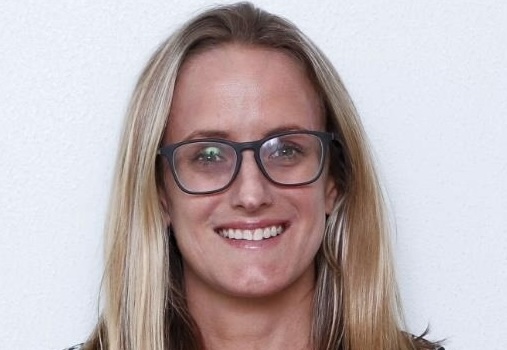Speaking at the CIPD Conference 2024 in Manchester, Dr Amy Pressland, talent development manager at Benenden Health, highlighted the lack of workplace support for employees experiencing pregnancy loss.
Pressland revealed that 24% of employees had considered leaving their job due to poor treatment following pregnancy loss.
Pressland said: “This isn’t just a health issue; it’s a workplace equality issue.”
The talk outlined other critical health issues affecting women at work, including endometriosis, which affects one in 10 women but takes an average of seven years to diagnose.
Around 70% of women reported that managing their periods at work made their jobs more difficult, while 64% of menopausal women faced similar struggles.
Pregnancy also posed significant challenges, with 62% of women finding it difficult to balance work and health, and nearly half (48%) felt pressured to hide their pregnancies to avoid discrimination or negative consequences at work.
Fertility treatment, frequently treated as a ‘lifestyle choice’ rather than a medical necessity, meant that 35% of women forced to use annual or sick leave to manage the physical and emotional toll.
38% of these women had considered leaving their jobs because of the stress and lack of workplace support.
Pressland also highlighted disparities in health outcomes based on race and socioeconomic background.
For example, she outlined that black women in the UK were four-times more likely than white women to die within six weeks of childbirth, while Asian women face double the risk.
Additionally, women from Black, Asian, and ethnic minority groups were less likely to be included in health research, creating deeper gaps in understanding and care.
Pressland pointed to a 2016 Equality and Human Rights Commission study that found three out of four women experienced pregnancy and maternity discrimination, with 54,000 women reportedly losing their jobs due to pregnancy.
This figure has doubled in recent years, a trend that the CIPD described as part of a “cycle of intolerance, inequality, and inaction.”
Pressland concluded that for workplaces to become truly inclusive, they must prioritise health equity, addressing systemic issues so that women no longer have to choose between their wellbeing and their careers.

















